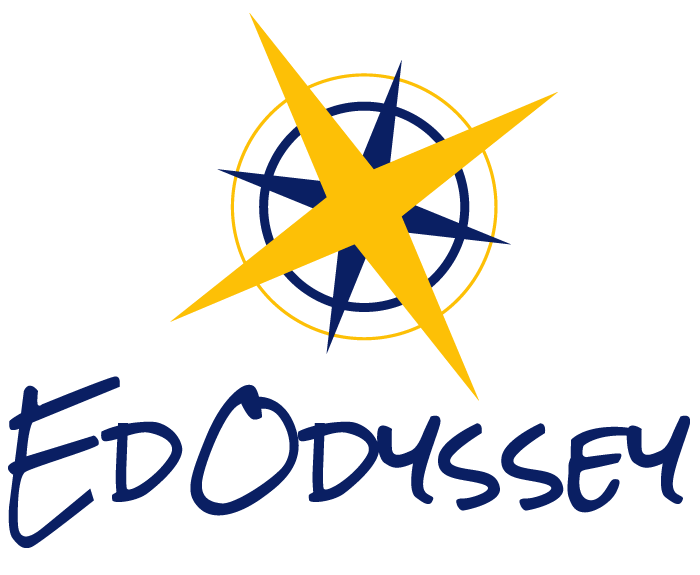Blog
How to Define the Study Abroad "Immersion" Experience
Immersion during study abroad involves a deep involvement and understanding of the culture of a different country. It is not just an overview or a checklist of that country’s features, but a thorough encounter into the sublayers of social, political, ideological, and economic factors that define it as a culture.
The Power Behind the Travel Investment: Perspective From The Wandering Investor
EdOdyssey sat down with Brendan Hughes, the author of the upcoming book The Wandering Investor, to discuss the travel experience and how times have changed in the era of COVID-19.
3 Ways to Reframe Challenges as Growth Opportunities
Confusion comes from situations that all of us don’t quite understand in the moment because the obstacles overwhelm us at first. Students, most of you have attended virtual classes for the first time. Teachers, you’ve had to adapt your lesson plans at a moment’s notice.
Life at a Distance: Five Positive Takeaways
Nowadays distance is no longer a problem and most of our friends and family are not just a phone call away, but also just a video chat away. Prior to everyone staying at home to protect ourselves and each other, we had busy lives, either at school, work, or even both. Sometimes we didn’t make the time to visit our friends a few minutes down the road or call our friends or relatives living in other places.
Three Life Lessons Learned Through Travel
Whether we’re students or teachers, our knowledge of both content and beliefs gets tested when we go abroad. As we step into the unknown and travel, we begin to understand more about other cultures, but at the same time, we start to process and gain more insight into our own individual personality and values.
The Life-Long Impact of Study Abroad Volunteering
One of my most memorable experiences in Peru was volunteering in the greater Lima area in Pamplona Alta. Volunteering while abroad offers the chance to see and experience parts of the country that you are in that you may not encounter on a day to day basis.
Search previous blogs here.




